HONIARA: Calm returned to the Solomon Islands’ capital Honiara Saturday after days of rioting left at least three dead and reduced sections of the city to smouldering ruins.
Petrol stations, shops and other businesses began to reopen, with Honiara residents flocking to buy basic provisions as the violence ebbed.
“The situation is very tense and anything could happen anytime,” said Audrey Awao, a working mother who worried there would soon be no food left in the shops.
What began as a small protest on Wednesday quickly descended into a violent free-for-all, with poor Honiara residents joining anti-government protesters to rampage through the shattered glass and burnt-out remains of businesses for things to eat or sell.
For three straight days, angry mobs cut through the usually sleepy seaside capital, demanding the removal of Prime Minister Manasseh Sogavare.
Two years of pandemic-induced closed borders have left the already ravaged Solomons economy in tatters, deepening widespread joblessness and poverty among the population of around 800,000.
An early estimate of the cost, released by the Central Bank of the Solomon Islands, said 56 buildings in the capital had been burnt and looted, with many businesses facing over a year-long recovery.
While the loss to the economy was expected to be at least $28 million, with the bank’s governor warning that the nation’s accounts — already struggling to recover from the Covid-19 pandemic — had been further weakened by the riots.
A more thorough estimate of the damage would be released in the coming days, he added.
“Now the PM needs to step down,” a self-employed 32-year-old who gave his name as Selson said. “That’s the demand for all citizens of the Solomon Islands.”
Local police said a forensic team was working to identify the charred remains of three bodies found in a shop in the city’s burnt-out Chinatown district.
Heavily armed police were a visible presence on nearby streets as locals began clean up operations and limited bus services resumed.
A night-time curfew and the presence of roughly 150 foreign peacekeepers from Australia and Papua New Guinea appeared to have helped cool tensions.
But the scale of the recovery was coming into sharp focus, even as the city remained on edge. “It is very frustrating as it took me more than three hours to reach the fuel pump to get my vehicle fuelled,” Awao said.
Many Solomon Islanders believe their government is corrupt and beholden to Beijing and other foreign interests.
“Most people are barely getting one meal a day, there are no tourists and very little economic stimulus,” Douglas Kelson, chief officer at St John Ambulance Service, said.
“People do things they normally wouldn’t when they are hungry,” Kelson said.
Protesters channelled their anger directly at Sogavare and his government, with mobs attempting to torch parliament and the prime minister’s private residence as police fired tear gas and warning shots.
Over 100 people have been arrested for riot-related activity, Solomon Islands police said Saturday as they tried to restore order.
“No one is above the law,” said commissioner Mostyn Mangau, urging residents to “respect each other, as well as our visiting friends from abroad”.
As tensions escalated, Sogavare had begged neighbours for urgent help. In a letter obtained by AFP, the prime minister told his Papua New Guinea counterpart James Marape that “certain elements” had “attempted to overthrow a democratically elected government” and called for peacekeepers to be sent for a “period of three to four weeks”.
In an address to the nation, Sogavare told citizens the Solomons had been “brought to its knees” by the rioting but vowed to resist calls for his resignation.
But the political situation remained fraught. Opposition leaders on Saturday called for a vote of no confidence in Sogavare’s leadership.
They may not yet have enough votes to pass the motion and remove Sogavare from office, but the move could produce another flashpoint.
The pro-Beijing leader claimed foreign powers opposed to his 2019 decision to switch the Solomons’ diplomatic allegiance from Taiwan to China were behind the disturbances. – AFP




